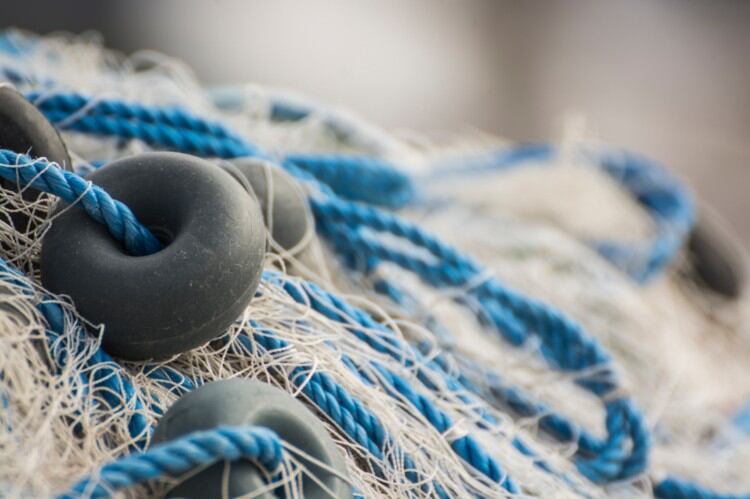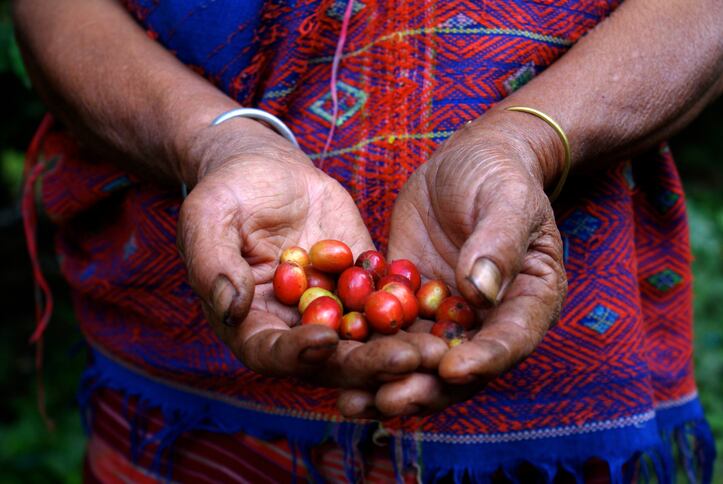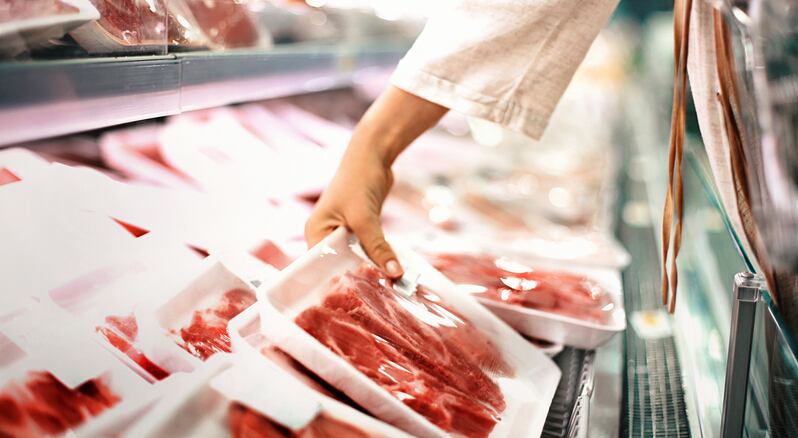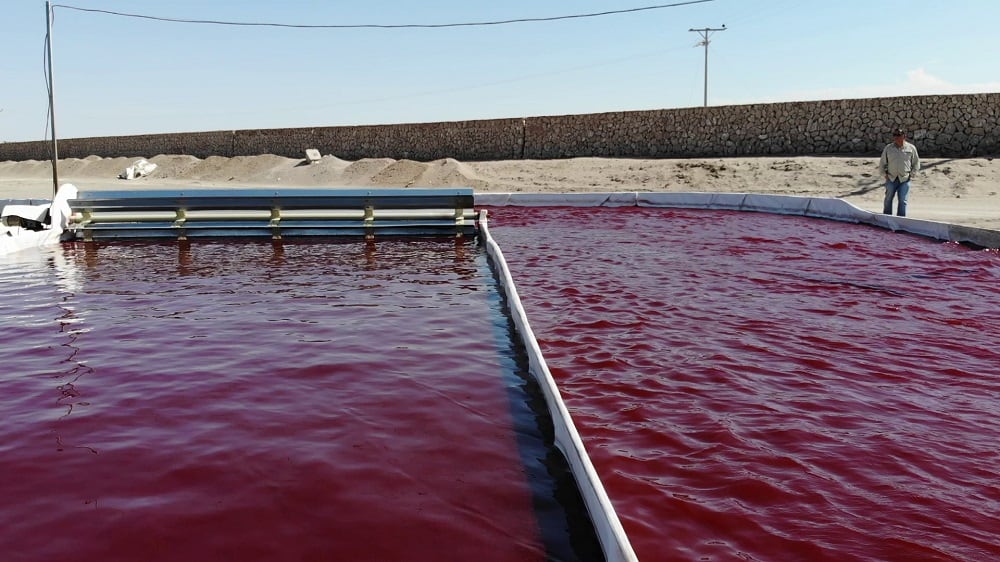The Lima-headquartered company also performs GMO testing, food safety analysis, and crop species identification.
According to the company, the fast and easy-to-use kit can identify the freshness of fish and seafood products based on DNA analysis.
What sets it apart from other tools already on the market is its ease-of-use, which means that anyone with specific technical knowledge can follow the guidelines and analyze samples of the given product.
Project coordinator, Mónica Santa María, said: "This sample should then be sent to our laboratory for the respective analysis, and the results will be published on our website and sent via text message to the user.”
According to the company, the tool can help guarantee the authenticity of fish and seafood products commonly consumed in Peru, such as anchovy, mackerel, and tuna.
"[We can] detect the substitution or adulteration of these and other species as well as misleading labeling when fresh and processed marine products are sold, in such a way that consumers can get high-quality food to their tables and at fair prices," Santa María said.
The service will allow the “population to verify the identity of a sample or its presence in processed food, through DNA tests and even identify a biological species in situ, without the need to send the sample to the laboratory”.
Bioinspector could also be used by the food purchase managers to avoid buying species that are protected or are known to contain high levels of toxic compounds, the company said.
The company says it has already received interest.
“In a first commercial stage, our service has been hired by companies that are looking to enter new markets as they are asked for identification certificates […] for exported processed product, and by fisheries that want to identify anchovy stocks and mackerel at sea ,” Santa María said.
Last month, the US redlisted 70 Peruvian companies for exporting products containing illegal or undeclared substances, mislabeling, decomposition and contamination among other reasons.
Three of the import alerts flagged Peruvian fishery products, notably mahi mahi, scallops, anchovies, mackerel and shrimp that showed evidence of decomposition, contained Listeria monocytogenes and salmonella or were mislabeled.
Fishy business
Fish fraud is a major problem globally, and itis estimated that one-third of the fish sold worldwide is intentionally mislabelled.
There are three common forms of fish fraud: species substitution, whereby a low-value fish is intentionally labeled as a higher-value species and sold for a higher price; water injection, whereby a fish is injected with water before it is frozen, adding up to 50% to its weight, and the misuse of antibiotics, where fish are farmed in poor conditions and given antibiotics but then sold as wild or ethically farmed.
A 2018 report by the United Nations’ Food and Agriculture Organization (FAO) suggested molecular identification techniques as a promising method to stamp out fish fraud.
“Fish mislabelling can occur at every stage of the fish marketing chain, from the point of landing through to processing, distribution, retail and catering,” wrote report author and FAO fisheries and aquaculture consultant Alan Reilly.
“Species substitution and mislabelling are difficult to detect when […] heads, tails and fins are removed and fish are processed into fillets […] or processed products.
“With the advent of molecular identification methods, such as DNA barcoding and next-generation sequencing, the possibility exists for far greater transparency in the fish marketing chain.”
The kit was developed with the support of Innóvate Perú, the country’s national innovation program for competitiveness and productivity, a branch of the Ministry of Production, which co-financed over S/280,000 through the Bio Challenge contest.




